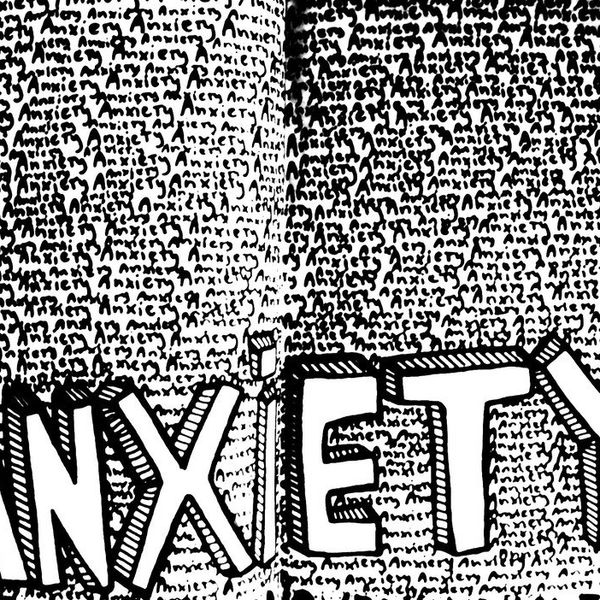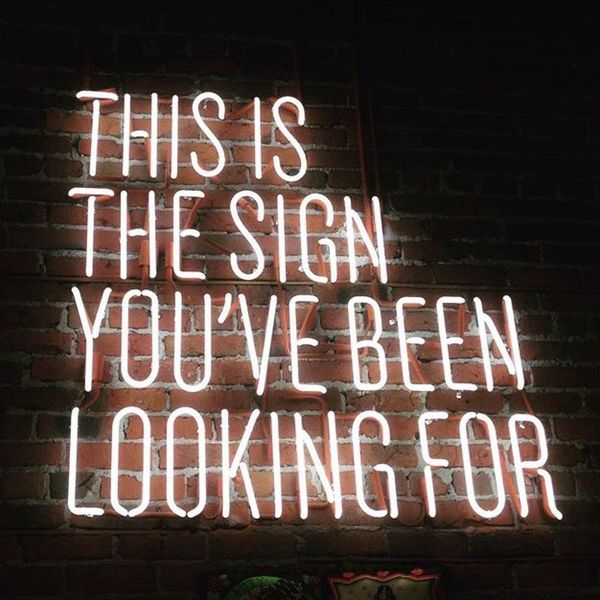Have you heard of the Spoons theory? If not, you can check out the full theory here, but it's easy to summarize: it's a story developed by Christine Miserandino to tangibly illustrate the limited energy that people with chronic illnesses (particularly invisible ones) experience.
The Spoon Theory assigns a unit of energy to each spoon, and then gives you a limited number of spoons for the day and asks you to think of all the things you need to do. Take a shower? Cook breakfast? Go to work? Each act takes away spoons, and you will often have more tasks that need doing than spoons to do them. Let's say after work, you have one spoon left. You can EITHER cook and eat dinner, OR do homework—but you can't do both.
Most people don't have to choose between brushing their teeth or taking a shower, because most people have lots of spoons and don't run that close to empty each day. But for chronically ill humans, they do have to make these choices constantly. Sometimes I have the energy to drive to a friend's, or to hang out—but I can't do both. And so I can't do either, because it does no good to drive there if I don't have the energy to hang out; and if I can't drive, I can't hang out with them anyway.
But lately I've heard a lot of people using Spoons as a way to describe introversion and extroversion. Introverts who say they don't have enough Spoons to go to that party, to meet for a long night out, or to organize a get-together; extroverts who extrovert themselves to pieces every night of the week and then say they don't have enough Spoons to be crazy-social on the weekends.
And this makes me angry.
The Spoon Theory does not refer to people who prefer to hole up with a good book rather than go out; who like one-on-one time with a good friend more than a wild night out; who find parties annoying or draining. That's called being an introvert. Spoons is not about people who recharge their energy by being alone.
Spoons very explicitly refers to people who have chronic illnesses and chronic pain. It's a way to explain to people who start with a full drawer of spoons, that sometimes there are days when we start with six. Sometimes there are days when we start with three--and there's no rhyme or reason to knowing how many spoons you'll get on any particular day.
Everyone needs to hermit sometimes. Everyone gets burnt out with people. (Some people's wicks are just a lot longer than others, hence extroverts and introverts.) But have you ever had to choose between either brushing your teeth, or taking a shower, because you literally couldn't do both? Have you often had to choose between going grocery shopping or making dinner? Do you, on a daily basis, have to ration your energy to make sure you can make it home by the end of the day?
It doesn't take that many spoons to brush your teeth. Most of the time people can do it without even thinking about it; without even noticing the tiny dent it makes in their energy levels. But for people with a chronic illness, the sorts of tiny expenses that most people can rack up in a day and not even think about, actually cost us a lot. If money was our analogy, then healthy people have a six-figure salary and rarely max out their credit cards, and chronically ill people are standing at the grocery store with $20 trying to choose between getting pain medication and living on rice and beans for the week, or buying veggies and fruit but no meds.
I've been living with multiple autoimmune diseases for almost ten years, all of them invisible. Many of my friends didn't even know how much pain I experienced on a regular basis, and many of them even now don't understand why sometimes I can make a thirty minute drive to a dance and stay all night, and sometimes I could either get dressed or drive, but I can't do either.
I made a list for one such friend of types of social engagements and their cost to me: social engagement with a friend costs 0-3 spoons to start, depending on the friend. I almost always have the energy to hang out at my house (1 spoon). I fairly frequently have the energy to meet near my house (2 spoons). I sometimes have the energy to make a twenty-minute drive (3 spoons). I rarely have the energy to make a forty-five minute drive (4 spoons).
So you can see that if I get off of work with 2 spoons, I would probably have the energy to hang out at my house, but I would not be able to drive to meet a friend.
The friends who get this equation and offer to come to me are friends that I'm able to plan on seeing with more regularity, because I usually can count on having at least a couple spoons after work. The friends who aren't able to do this—sometimes for similar reasons of their own—we just don't see each other as often, because I just don't know if I'll have five spoons to spare at the end of the day.
This is about chronic pain and illness making a significant impact on energy levels. So when healthy people use spoons as a way to describe introverting, it detracts from the impact of the Spoon Theory. This is not about me being "peopled out"—this is about my body and soul being so exhausted from chronic pain, illness, and discomfort that I sometimes have to choose between eating dinner or taking a shower. Everyone gets peopled out at times. But not everyone experiences illness and pain as a constant in their everyday life.
The Spoon Theory is an accessible way those of us with chronic illnesses can tangibly explain the drain on our energy to healthy people. Please stop using Spoons to describe your very human desire to have a night-in, and let it stand as it was meant: to illustrate invisible struggles to people who don't have them.



















